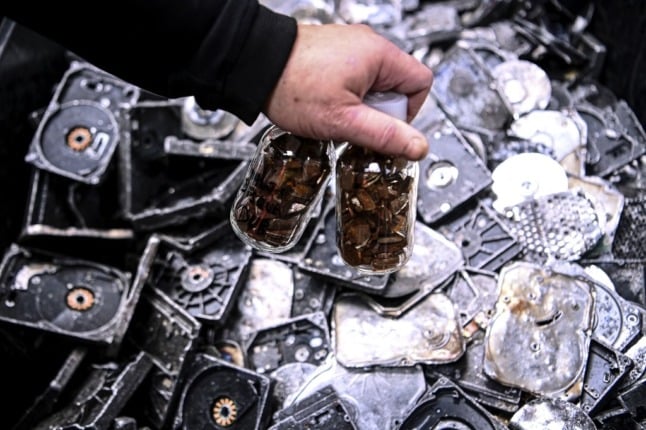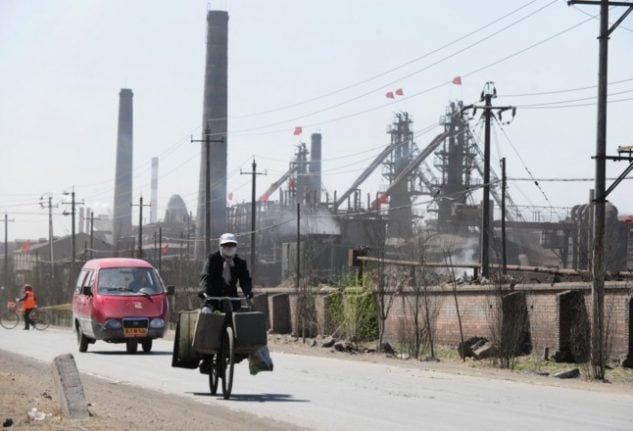Lonmin, which is listed on the London stock exchange, is valued at a total of more than £1.0 billion ($1.5 billion).
Glencore, which inherited the platinum producer when it swallowed up Xstrata two years ago, said it had decided to spin off its Lonmin stake which did not match its core assets.
"We have always regarded the stake in Lonmin as non-core," Glencore chief Ivan Glasenberg said in a statement.
"As we do not trade platinum and have no special insight into the market, we believe that it is better to leave to our shareholders the decision as to how to manage the Lonmin shares," he said.
The Zug-based company had decided that unloading the Lonmin stake onto the market "at this time would not be in the best interests of its shareholders."
Instead, it said it aimed to "implement by way of a distribution in specie to Glencore shareholders," adding that this "will enable shareholders to manage the investment for their own account."
The divestment should be approved by Glencore shareholders at the company's general assembly on May 7th, Glencore said.
Once completed, the two Lonmin representatives on Glencore's board are expected to resign, it added.
Glencore also said on Wednesday that because of "volatile" market conditions, it aimed to slash its spending this year to $6.5-6.8 billion, down from the $7.9 billion announced to investors in early December.
The company said it would provide details on the cuts when it announces its annual results next month.
MINING
Glencore decides to unload Lonmin stake
Swiss mining and commodities giant Glencore on Wednesday announced plans to unload its 23.9 percent stake in South African platinum producer Lonmin and distribute the shares to its own shareholders.
Published: 11 February 2015 12:12 CET

Photo: AFP/File
Url copied to clipboard!



 Please whitelist us to continue reading.
Please whitelist us to continue reading.
Member comments